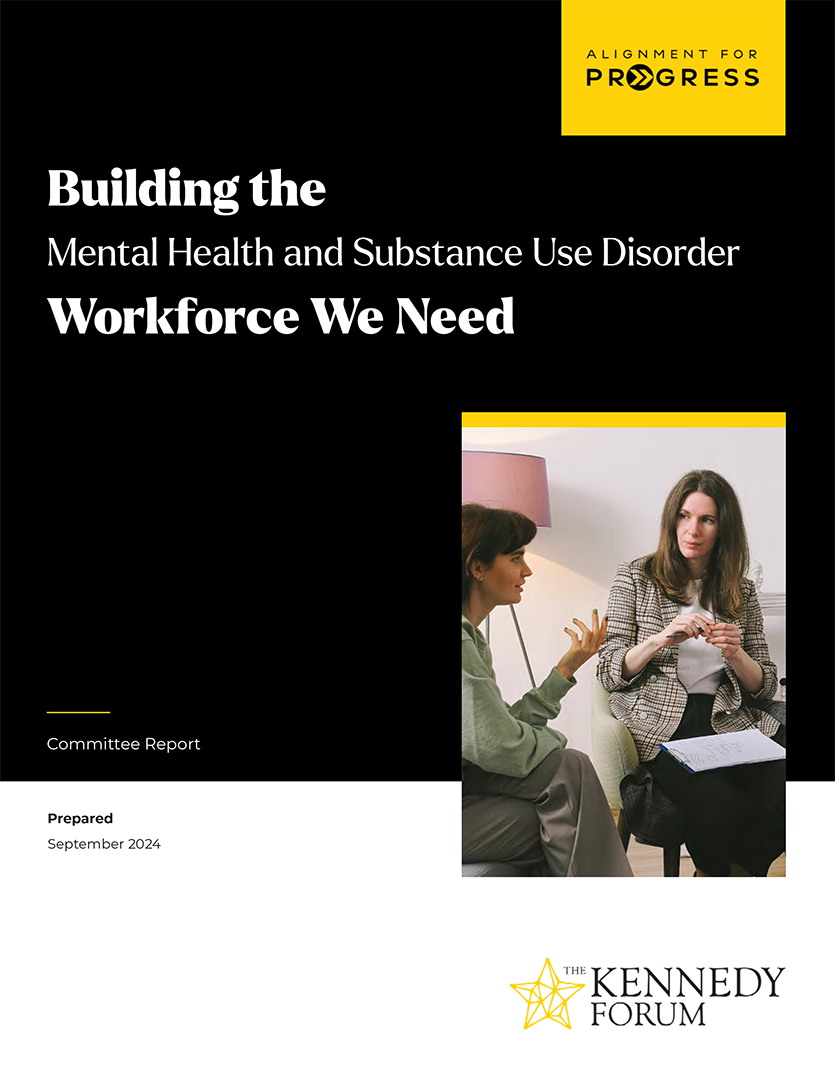Licensed Clinical Social Worker
A licensed clinical social worker (LCSW) is a specialized and licensed professional in the field of social work who focuses on the mental health and emotional well-being of individuals, families, and groups. These professionals can assess, diagnose, and treat various mental health disorders.
Potential Costs
Education$50,000-$170,000
Experience$0-$10,000
Field Experiential training$200-$1,500
License/Certification$300-$600
Potential Return on
Educational Investment
Range of Total Cost$50,500-$182,100
Salary Range$60,000-$85,000
Timeline
Education10-12 years
Experience2-3 years
Field Experiential training1-2 years
License/Certification3-6 months
Career Path
Education
Challenge
Current student loan repayment programs are inadequate for promoting equitable MH/SUD workforce growth.
Solutions
Expand eligible workers.
Expand eligibility for loan repayment programs.
Experience
Challenge
Insufficient opportunities for gaining clinical experience, especially in rural and underserved areas.
Solution
Issue guidance on workforce capacity in shortage areas.
Field Experiential Training
Challenge
Difficulty in navigating the behavioral health field and a lack of access to robust training opportunities for workforce development.
Solution
Fund Centers of Excellence.
License/Certification
Challenge
Moving to a new state and hopeful to continue your career as a Licensed Clinical Social Worker.
Solutions
Eliminate out-of-state licensure requirements.
Streamline enrollment of out-of-state providers in Medicaid.
Potential Challenges Along the Path
Becoming a Licensed Clinical Social Worker (LCSW) presents several challenges, including low wages compared to other licensed professionals, the burden of high student loan debt, and the demanding educational and licensure requirements that involve extensive supervised clinical experience. LCSWs can encounter high rates of burnout due to heavy caseloads and the emotional toll of working with clients facing significant life difficulties. Additionally, navigating complex healthcare systems and varying state regulations can complicate their ability to provide consistent, high-quality care.
Payment and reimbursement
Challenge
Primary care and MH/SUD care are undervalued due to low reimbursement.
Solution
Reform the physician fee schedule.
Data and Technology
Challenge
Telehealth may not be covered by all insurers, which creates a service gap in rural communities and for those who are unable to attend MH/SUD care appointments in person.
Solutions
Maintain telehealth access post COVID-19.
Develop telehealth data best practices.
Expand EHR utilization in MH/SUD.
Discover the Challenges and Solutions
The report “Policy Priorities for Advancing the Mental Health and Substance Use Disorder Workforce,” outlines essential policy recommendations focused on four key areas: payment and reimbursement, licensure and standardization, education and training, and data and technology.

This tool is intended as a general example of a Licensed Clinical Social Worker career pathway, highlighting potential challenges and solutions. Please note that the information provided may not reflect the specific requirements, certifications, or licensing necessary in your state or region. Each state has its own regulations and standards for MH/SUD care careers, and it is essential to consult relevant state authorities or professional organizations for accurate and up-to-date information. This tool is not exhaustive and should not be considered a definitive guide. Users are encouraged to seek additional resources and professional advice tailored to their individual circumstances.
